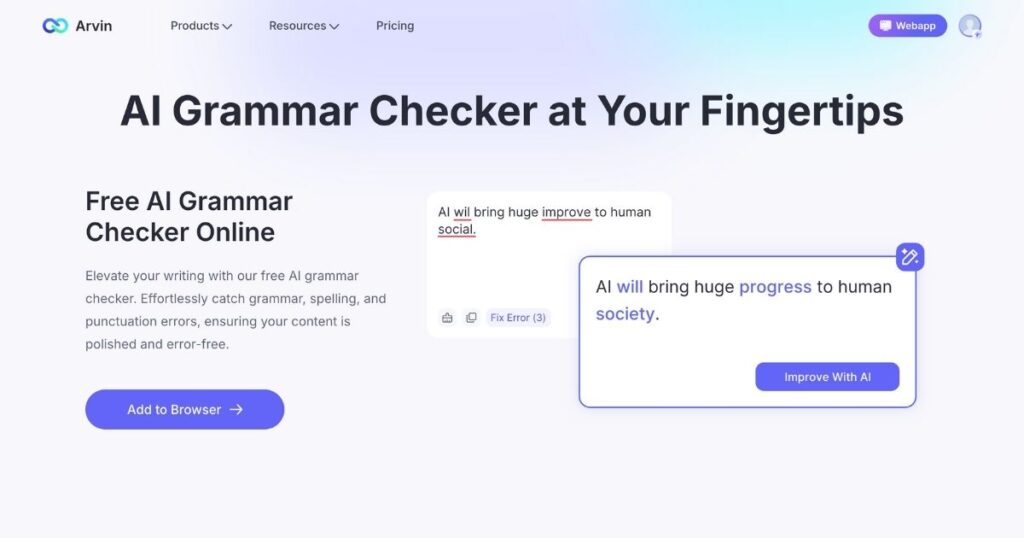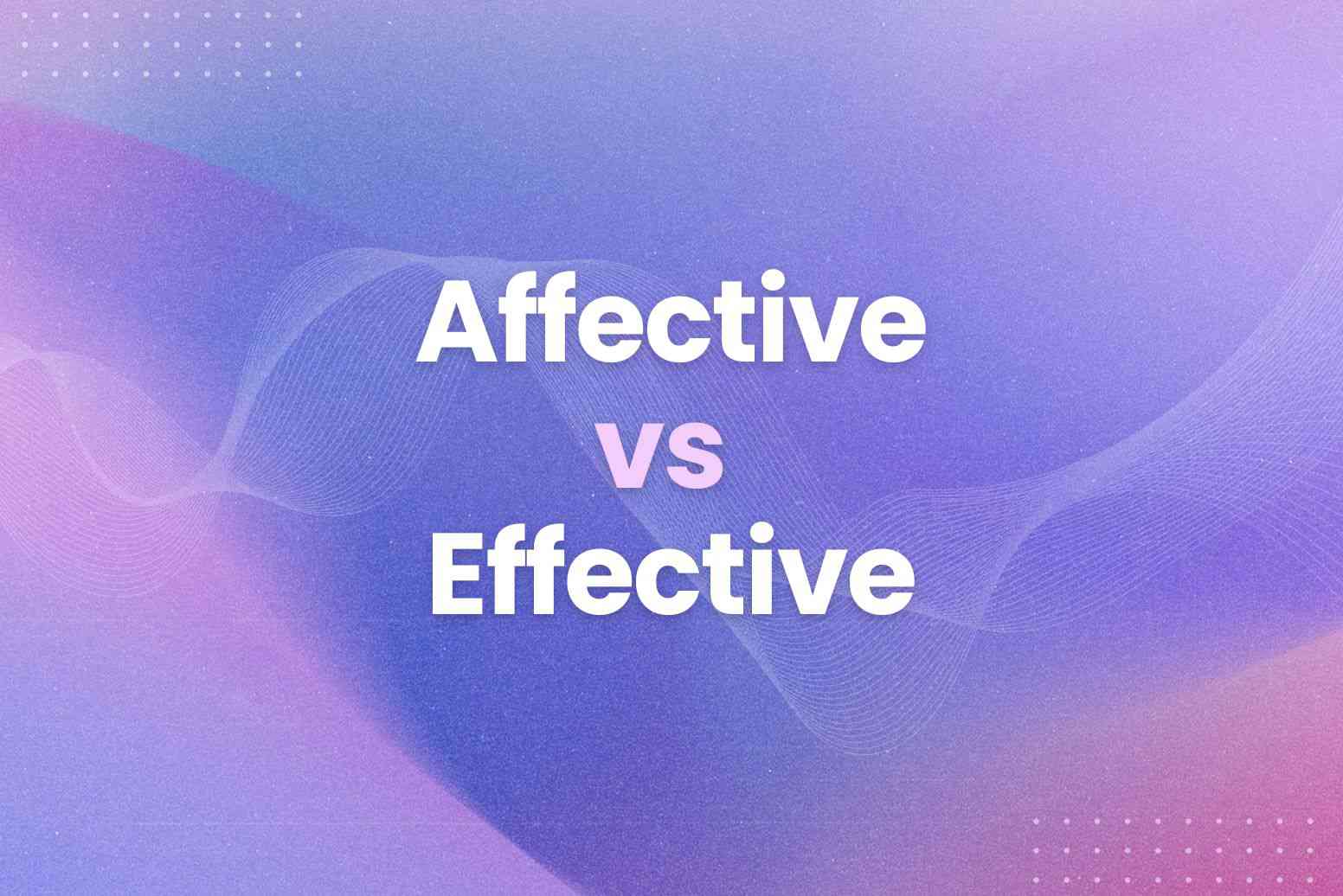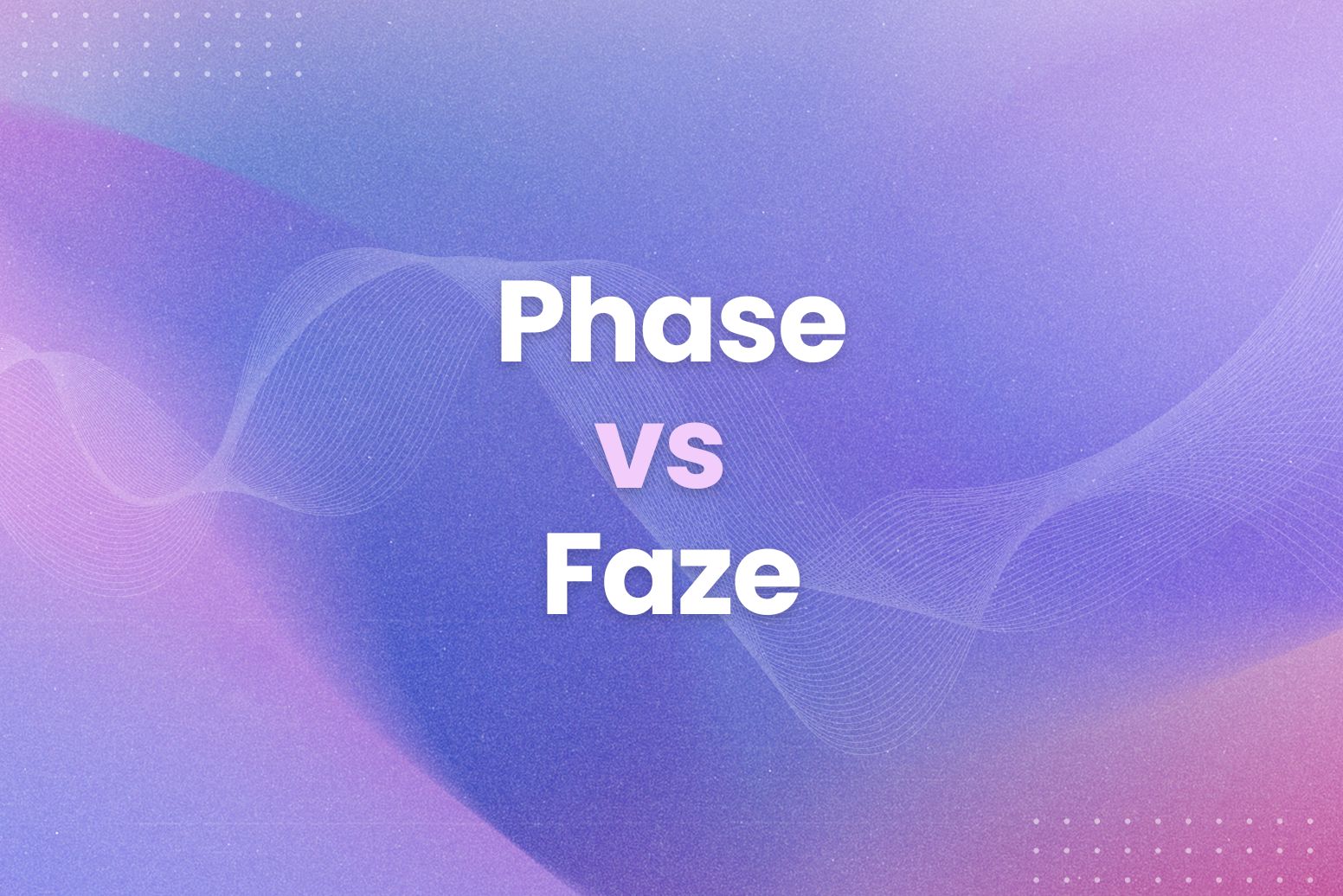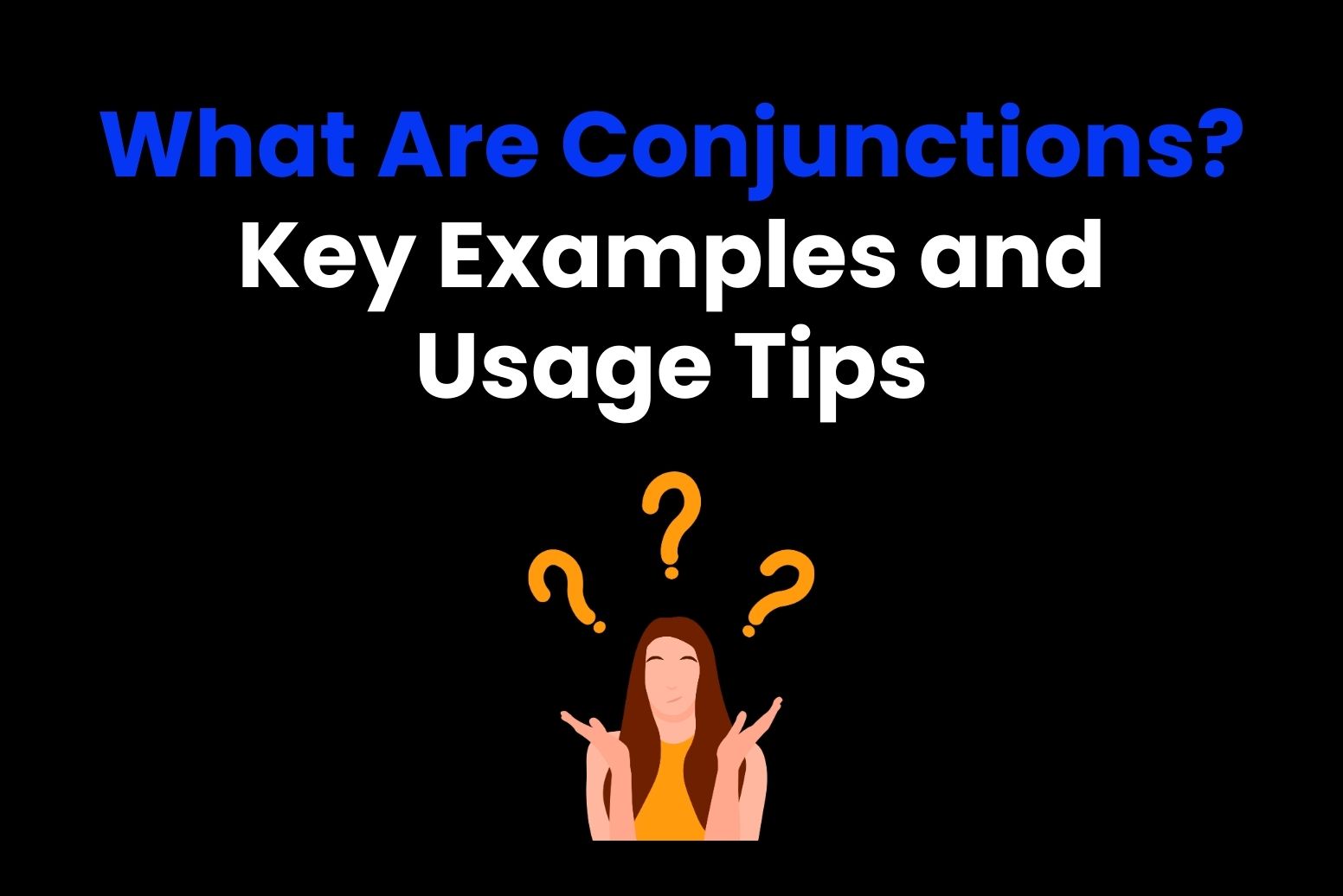In the English language, two terms are frequently confused: affective vs effective. Both of these words sound and look very much alike, but they have different meanings and applications. It is for this reason that the differences between the two have to be made known, whether in writing or in speaking. This article compares and explains what they are, their grammatical uses, how they are pronounced, when to use them, mistakes to avoid, and how to avoid them. We will also briefly discuss the difference between ‘affective vs effective’ and give examples in order to comprehend the meanings further.
If you ever struggle with the distinction between similar words, terms or phrases while writing, Arvin’s AI article writer can assist by generating accurate content that fits your needs.
A Detailed Comparison of ‘Affective Vs Effective’
Definitions and Usage
Affective
The term “affective” has to do with emotions, feelings or moods. It is most commonly seen in psychological or emotional contexts. The term is derived from the Latin root word “afficere” which means to influence. It defines something related to feelings and, therefore, is crucial in the analysis of emotional communication and conduct.
Example
The therapist concentrated on the patient’s emotional reaction to the event.
Effective
The term “effective” means capable of achieving a purpose or a planned result. It is associated with achievement, effectiveness, and results. The term “effective” comes from the Latin word “efficere” which means to accomplish or to execute. It is most often used to refer to something good, or that meets a particular need or expectation.
Example
The new marketing strategy was highly effective in increasing sales.
If you’re writing and want to ensure the emotional tone or result-driven accuracy of written content, you can rely on Arvin’s writing improver to help refine your drafts.
For other available writing tools, you might want to explore free AI content generators that can help boost your creativity.
Grammatical Rules
Both “affective” and “effective” function as adjectives but appear in distinct contexts:
Affective is used when talking about anything to do with emotions. It’s often found in areas of study such as psychology, education, and the social sciences.
For those looking to polish their grammar in such cases, Arvin’s AI grammar checker is an AI tool for ensuring correctness in writing. It also helps avoid common errors between words like “affective” and “effective.”
To try other famous grammar tools, you can explore this comparison between Grammarly and ChatGPT for more insights.
Example
- The affective component of learning is just as critical as the cognitive component.
- Effective means that something can produce a result or have a strong impact.
Example
- The vaccine was effective in controlling the spread of the virus.
- Both words are adjectives that modify nouns; however, they refer to different aspects.” “Affective” will describe something emotional, and “effective” will describe something that is related to results or productivity.
Pronunciation
The pronunciation of affective vs effective is straightforward but should be clearly distinguished:
- Affective: /əˈfɛk.tɪv/
- Effective: /ɪˈfɛk.tɪv/
While the first phoneme of each word may be different, the rest of the word may be identical. This makes it easy to be confused with one another, especially when communicating verbally with other people.
Historical Background
Understanding the origin of these terms sheds light on their usage:
Affective has been in use in English since the 14th century in association with affect, emotion, and mood. It is most related to psychology, particularly when dealing with emotions and feelings.
However, the word Effective entered the English language at the same time and has always had a connection with success, results, and effectiveness. For the past few centuries, it has been used in sectors such as business, technology, and governance to refer to tools, strategies, or actions that yield intended outcomes.
The two words have kept their fundamental meanings since their Latin origins, that are why the two words are still easily distinguishable in contemporary English.
Context and Common Usage
In context, “affective” is primarily used when discussing feelings or emotions:
Affective
The teacher used affective strategies in order to improve the learning environment.
Here, “Effective” means that the techniques were intended to shape students’ feelings or perceptions rather than their cognition.
“Effective,” however, is applied in settings where results, efficiency, or outcomes are the focus:
Effective
The company implemented an effective workflow system that streamlined operations.
Effective here refers to the degree to which the system enhances the operations’ productivity.
Common Mistakes and Misuse
Due to the phonetics and orthography of these two words, it is possible to use them incorrectly in speech and writing. Let’s address some common errors:
Mistake
Her speech was very effective in portraying her emotions.
Correction
Her speech was very affective in portraying her emotions.
In this case, the speech’s emotional appeal is being discussed, so the term is “affective.”
Mistake
The affective marketing campaign brought in a lot of new customers.
Correction
The effective marketing campaign brought in a lot of new customers.
Here, ‘effective’ is the right word to use because the sentence has to do with achieving a required result.
These examples explain how it is so simple to get these terms mixed up, especially when one is not very careful with the environment in which they are used.
Importance of Understanding the Difference
The distinction between the terms ‘affective’ and ‘effective’ is very important in both spoken and written language. The usage of incorrect terms may lead to misunderstanding or misperception, especially in formal contexts.
For example, in the field of psychology, a therapist may ask a patient how he or she feels in terms of the patient’s “affective state” or emotional condition, while in business, a manager might assess the “effectiveness” of a marketing strategy. Using these words in the wrong context undermines the clarity of your message.
Those who have problems with grammar and word selection may find it useful to use Arvin, an AI-based browser extension. Arvin does not only provide research, writing, and image creation services but also provides a feature for checking grammar in order to ensure that you select the appropriate terms.
For example, suppose you’re writing an academic paper or even a professional email or just chatting with friends. In that case, Arvin will assist you in avoiding mistakes with words like “affective” and “effective.” You can try the grammar function with Arvin.

Tips for Avoiding Mistakes
Think Emotion vs. Result
If the term has to do with emotions, moods, or feelings, it is “affective.” If it describes something that produces an outcome or result, it’s “effective.”
Check Your Sentence’s Focus
Before using either of the two words, try to determine the message that you want to put across in your sentence. If it is about emotions, then the term to use is “affective.” When it comes to success or productivity, use the term “effective.”
Practice with Examples
Create good example sentences for each term. This can be quite useful in reminding the right usage of both words in the right context.
Use Grammar Tools
Use the right word by using tools such as Arvin to make sure that you are using the right word. An extension powered by AI can give feedback in real-time, so you don’t make a mistake and can refine your writing as you go.
Additional Resources
For those interested in deepening their understanding of “affective” vs. “effective,” several online resources provide detailed explanations and exercises:
- Merriam-Webster’s Dictionary:Gives the meaning of both terms and also examples of the two terms.
- Grammarly:Offers grammatical checkers that identify incorrect words to use.
- Arvin’s Grammar Feature:Use the Arvin extension to proofread your writing and to make sure you are using the right terms (go to Arvin).
Conclusion
Affect and effect are two words that are sometimes mistakenly used interchangeably, even though there is a clear distinction between them. Affective means something to do with emotions, while effective has to do with the outcome and productivity. The following are some of the most common mistakes in the use of these words; knowing their meaning and when to use them will help you avoid them.
With the help of tools such as Arvin, you can also improve your grammar and word selection to develop better conversations.
FAQs
However, the words ‘affective’ and ‘effective’ cannot be used interchangeably as they hold different meanings. Affective means pertaining to emotions, while effective means achieving desired results. Using them in the wrong way may confuse you.
Yes, related words include affectionate, which means warmth or fondness, and efficacious, which means getting the desired effect. Other synonyms for effective include successful, efficient, and productive, while terms linked with affective often include emotional, sentimental, and mood-related.
The most common mistake includes using affective when effective is right, such as saying, “The campaign was affective in increasing sales,” rather than effective. Another mistake is using “effective” to express emotional aspects, like saying, “His affective speech was effective” when it should focus on the emotional content, hence requiring “affective.”






